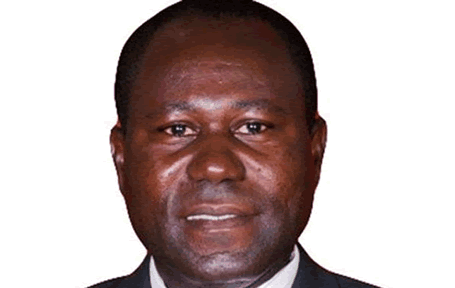


Ghana may be forced to import cassava in future if viral diseases threatening the crop are not effectively contained, Dr Allen Oppong, Principal Research Scientist, Council for Scientific and Industrial Research (CSIR)–Crop Research Institute has warned.
Dr Oppong, who is also Country Director of the Central and West African Virus Epidemiology (WAVE) project, gave the warning at a training of trainers’ workshop in Tamale, organized under the WAVE project to build the capacity of Agricultural Directors and Extension Officers on cassava virus surveillance.
The training brought together officers from 12 districts and municipalities across the Northern, Bono East, Oti, Savannah, and Upper West Regions including Krachi Nchumuru, Krachi West, Kintampo South, Kintampo North, Sagnarigu, Savelugu, Nanton, Mion, Tamale, Central Gonja, West Gonja, Wa East, and Sissala.
Participants were trained on the use of the Kobo Collect mobile application for disease monitoring and later engaged in a practical field exercise at a cassava demonstration farm in the Savelugu Municipality.
Dr Oppong explained that cassava, one of Africa’s most important food security and industrial crop, was under constant threat from two major viral diseases, Cassava Mosaic Disease (CMD), which is already widespread in Ghana and West Africa, and Cassava Brown Streak Disease (CBSD), which is rapidly spreading from Central and East Africa.
He said “The Cassava Mosaic Virus attacks the leaves reducing photosynthesis and stunting tuber development while CBSD destroys the tuber itself making it completely inedible. If we fail to take proactive measures, Ghana could one day be forced to import cassava.”
He said cassava was not only a staple food, but also an economic and industrial crop, adding protecting it from viral diseases was key to safeguarding the country’s future.
Hajia Hawa Musah, Director, Northern Regional Department of Agriculture, who was represented at the workshop, commended WAVE Ghana for the initiative noting that the Kobo Collect app would improve field surveillance, reporting, and the breeding of resistant cassava varieties.
Mr Mark Ansong, a participant from the Kintampo South District, emphasised the need for investment in cassava research and development, saying it was vital for food security and industrial development.
Participants concluded that while cassava remained resilient and versatile, its survival depended on early disease detection, strong farmer education, and robust policy support.
The participants are expected to transfer the knowledge gained to farmers in their districts to boost production and safeguard livelihoods.
Source: GNA
The post Ghana risks importing cassava if viral diseases spread is not halted – Dr Oppong appeared first on Ghana Business News.
Read Full Story





















Facebook
Twitter
Pinterest
Instagram
Google+
YouTube
LinkedIn
RSS